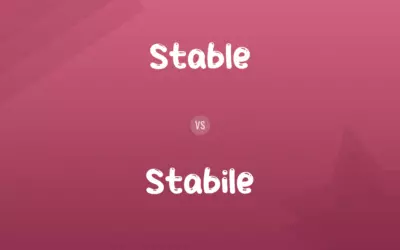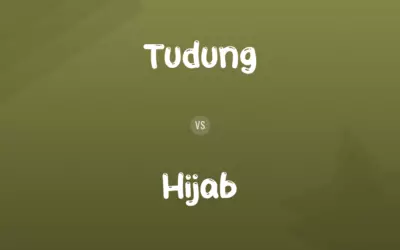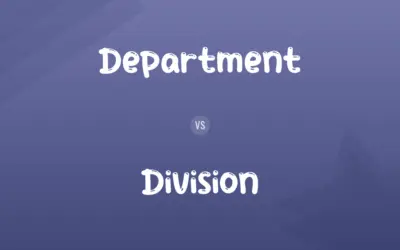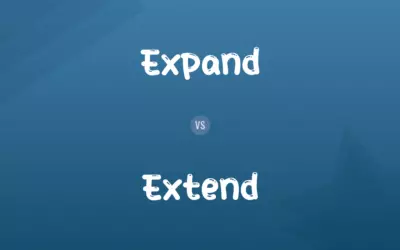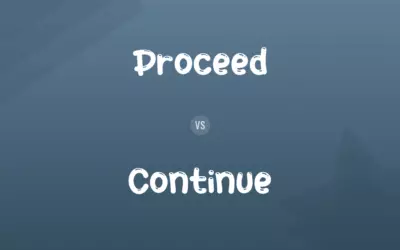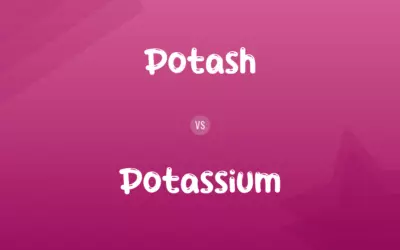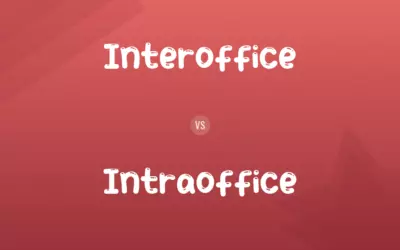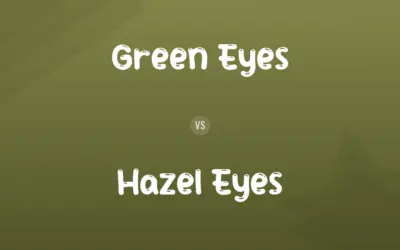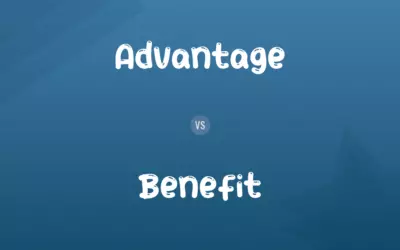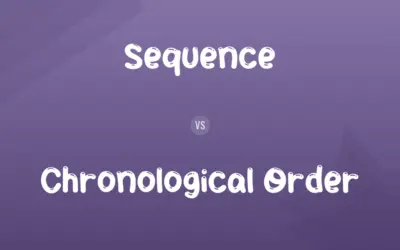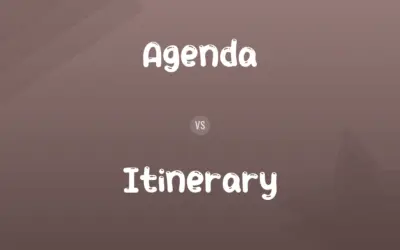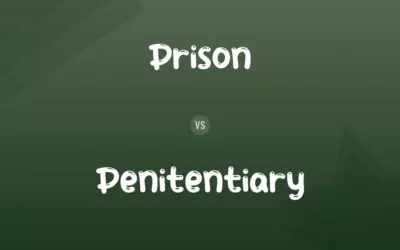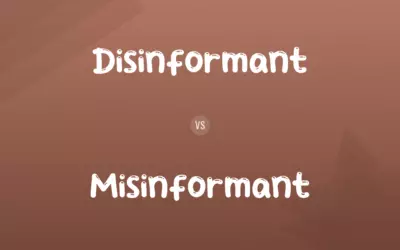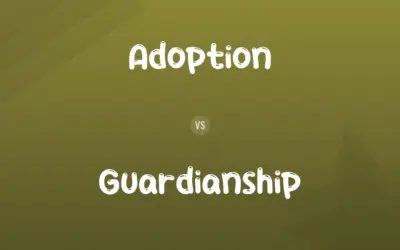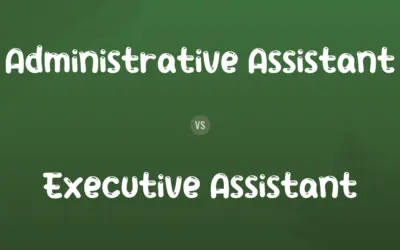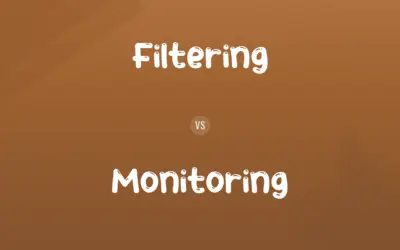Dystaxia vs. Ataxia: Difference and Comparison
By Muazma Batool & Muneeza Rehman — Updated on February 29, 2024
Dystaxia is often used interchangeably with ataxia, but primarily, dystaxia refers to minor or less severe forms of coordination issues, while ataxia describes a broader range of coordination disorders, affecting balance, speech, and movement.
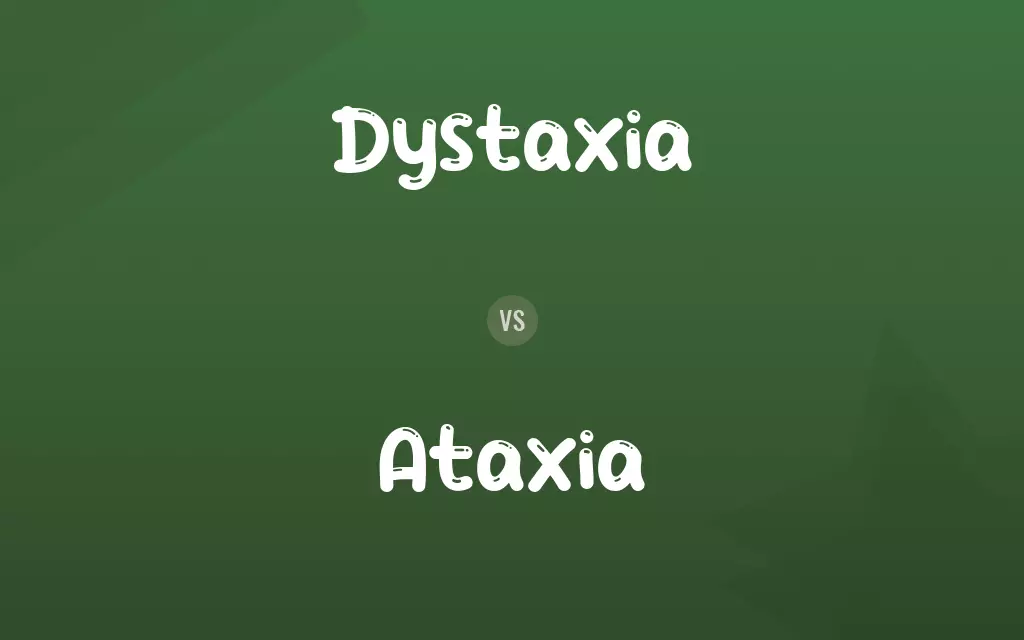
Difference Between Dystaxia and Ataxia
Both dystaxia and ataxia are neurological conditions affecting coordination, but dystaxia often implies a milder disturbance. Patients with dystaxia might experience subtle difficulties in fine motor tasks, such as writing or buttoning a shirt, indicating a less pronounced disruption of muscle control. Ataxia, on the other hand, encompasses a wider spectrum of coordination problems, from mild to severe. It can significantly impact daily activities, causing challenges in walking, speech, and eye movements. This distinction highlights the severity and scope of ataxia compared to dystaxia.
Muazma Batool
Feb 29, 2024
The cause of dystaxia and ataxia can vary, including genetic disorders, brain injury, or stroke. However, ataxia is more commonly associated with more extensive neurological damage or degenerative diseases, underlining the potential severity and complexity of its causes.
Muazma Batool
Feb 29, 2024
Treatment and management strategies for dystaxia and ataxia depend on the underlying cause but often involve physical therapy. For dystaxia, therapy might focus on improving specific fine motor skills, whereas ataxia management may require a more comprehensive rehabilitation approach.
Muazma Batool
Feb 29, 2024
In terms of prognosis, individuals with dystaxia may experience improvement or stabilization of symptoms with targeted interventions. Conversely, ataxia, particularly when linked to progressive neurological diseases, might see a gradual worsening of symptoms over time, emphasizing the critical nature of early diagnosis and intervention.
Lucas
Feb 29, 2024
Dystaxia vs. Ataxia Comparison Chart
Definition
Refers to minor coordination disturbances.
Broad term for coordination disorders.
Muazma Batool
Feb 29, 2024
Impact on Daily Life
Less disruptive, affecting fine motor skills.
More significantly affects movement and balance.
Muazma Batool
Feb 29, 2024
Causes
Often less severe neurological issues.
Wide range, including genetic conditions and brain damage.
Lucas
Feb 29, 2024
Treatment
Targeted physical therapy for specific skills.
Comprehensive rehabilitation and therapy.
Kaitlyn
Feb 29, 2024
Dystaxia vs. Ataxia Definitions
◉Dystaxia
It's often a temporary condition.
His dystaxia improved significantly with occupational therapy.
Muazma Batool
Feb 29, 2024
◉Ataxia
Symptoms can be progressive.
The neurologist warned that the ataxia might worsen over time.
Nolan
Feb 29, 2024
◉Dystaxia
Can be a symptom of minor neurological issues.
The doctor explained that his dystaxia was due to a minor brain injury.
Henry
Feb 29, 2024
◉Ataxia
Ataxia is a lack of muscle coordination.
Ataxia made it difficult for him to walk without assistance.
William
Feb 29, 2024
◉Dystaxia
Dystaxia affects fine motor tasks.
Dystaxia made tasks like tying shoelaces more challenging for her.
William
Feb 29, 2024
◉Dystaxia
Dystaxia refers to slight coordination difficulties.
She underwent therapy to manage her dystaxia after the mild concussion.
Muazma Batool
Feb 29, 2024
◉Ataxia
Any of various degenerative, often hereditary, disorders that are characterized by ataxia and are frequently associated with cerebellar atrophy.
Muazma Batool
May 03, 2023
◉Dystaxia
Treatment focuses on improving coordination.
Special exercises were prescribed to address her dystaxia.
Leo
Feb 29, 2024
◉Ataxia
(pathology) Lack of coordination while performing voluntary movements, which may appear to be clumsiness, inaccuracy, or instability.
Muazma Batool
May 03, 2023
◉Ataxia
(chemistry) The condition of a polymer in which the orientation of the subunits is random
Muazma Batool
May 03, 2023
◉Ataxia
Loss of coordination in the voluntary muscles, especially the limbs; an inability to coordinate voluntary muscle movements; it results in unsteady movements and a staggering gait. See also locomotor ataxia, an ataxia which occurs when attempting to perform coordinated muscular movements.
Muazma Batool
May 03, 2023
◉Ataxia
inability to coordinate voluntary muscle movements; unsteady movements and staggering gait
Muazma Batool
May 03, 2023
◉Ataxia
Can be hereditary or acquired.
Her ataxia was diagnosed as a hereditary condition.
Levi
Feb 29, 2024
◉Ataxia
Ataxia affects various motor functions.
His ataxia affected his speech, making communication hard.
Henry
Feb 29, 2024
◉Ataxia
Often requires multidisciplinary management.
Managing his ataxia involved physical therapy, speech therapy, and medication.
Levi
Feb 29, 2024
Dystaxia vs. Ataxia Frequently Asked Questions
What is ataxia?
Ataxia describes a condition characterized by a lack of voluntary coordination of muscle movements, ranging from mild to severe.
Muazma Batool
Feb 29, 2024
Can dystaxia and ataxia be treated?
Yes, treatment usually involves physical therapy, occupational therapy, and sometimes medication, depending on the cause.
Muazma Batool
Feb 29, 2024
Is ataxia more severe than dystaxia?
Generally, ataxia can be more severe, affecting a broader range of motor functions and potentially leading to significant disability.
Muazma Batool
Feb 29, 2024
How are dystaxia and ataxia diagnosed?
Both conditions are diagnosed through clinical evaluation, neurological exams, and sometimes genetic testing or brain imaging.
Muazma Batool
Feb 29, 2024
What is dystaxia?
Dystaxia refers to minor coordination disturbances that may affect fine motor skills and daily tasks.
Muazma Batool
Feb 29, 2024
Are dystaxia and ataxia genetic?
Both can have genetic forms, though ataxia is more commonly associated with hereditary conditions.
Leo
Feb 29, 2024
Can dystaxia improve over time?
Yes, with appropriate therapy, individuals with dystaxia often see improvement in their symptoms.
Elijah
Feb 29, 2024
Can dystaxia lead to ataxia?
Dystaxia does not typically "lead" to ataxia, but both may stem from similar neurological issues.
Kaitlyn
Feb 29, 2024
Do dystaxia and ataxia affect children or adults?
Both conditions can affect individuals at any age, depending on the underlying cause.
Elijah
Feb 29, 2024
How does physical therapy help with ataxia?
It helps improve coordination, balance, and strength, potentially enhancing mobility and independence.
Nolan
Feb 29, 2024
Can lifestyle changes manage dystaxia symptoms?
Yes, lifestyle adjustments and targeted exercises can help manage and possibly reduce symptoms.
Jonathan
Feb 29, 2024
Is ataxia curable?
While there is no cure for many forms of ataxia, some causes can be treated, and symptoms can often be managed or improved.
Levi
Feb 29, 2024
Is there a difference in life expectancy for individuals with ataxia compared to those with dystaxia?
Life expectancy can be affected by the underlying cause of ataxia, especially in degenerative forms; dystaxia, being milder, typically has less impact on lifespan.
Muazma Batool
Feb 29, 2024
What role does genetics play in ataxia?
Several forms of ataxia are hereditary, caused by specific genetic mutations affecting nervous system function.
Henry
Feb 29, 2024
What are common causes of ataxia?
Causes include genetic disorders, stroke, tumors, alcohol abuse, and certain infections.
Jonathan
Feb 29, 2024
Content Creators
Written by
Muazma BatoolAs a content editor, Muazma Batool is not just a grammar guru but a creative mastermind who breathes life into every word. With an eagle eye for detail and a passion for storytelling, she transforms bland text into engaging content that captivates audiences and drives results.
Co-written by
Muneeza RehmanAt Comparisons.wiki, Muneeza skillfully navigates the vast sea of information, ensuring clarity and accuracy as the lead content editor. With a keen eye for detail, she curates every comparison to enlighten and engage readers.


